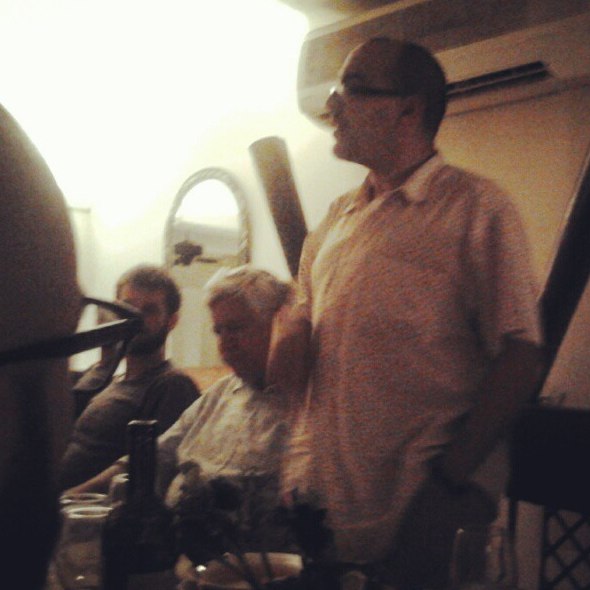Global shortages and price hikes need urgent solutions, says Jon Medved
By AMY TEIBEL
The threat to global food and energy security and sudden price hikes triggered by the Russian invasion of Ukraine highlight the urgency of accelerating new innovations to solve these problems, OurCrowd CEO Jon Medved told CNBC Wednesday.
Ukraine and Russia’s massive footprint in the wheat export market has exposed the weaknesses of the global food-supply chain, with critical wheat shortages rippling across the globe as a result of the conflict, he said.
“The next generation of food is going to be grown differently,” Medved told CNBC’s Hadley Gamble in an interview.
“It’s going to be grown in vats, it’s going to be grown in factories, robotically, smartly, with a much smaller greenhouse-gas footprint,” Medved said.
He noted that such advances would benefit countries throughout the Middle East facing sharply rising food prices.
“This is going to happen, and the opportunity that this provides for our partners in the Gulf is huge because it’s going to require a lot of investment,” he said.
Medved said Israel’s new free trade agreement with the United Arab Emirates will be “hugely impactful,” with advances in technology offering an opportunity to revolutionize areas as diverse as food, medicine and cybersecurity.
“It’s very early days, and I think that you’ll see the UAE in particular, but also the broader GCC, take positions in these critical new food technologies, therefore making, I hope, a great return on their investment, but also guaranteeing their citizens the food security they desperately need,” he said.
Israel’s own economy is booming, Medved said, predicting another $6 billion in tech investments in the first quarter, after a record year of fundraising in 2021.
“When you look over the next 10 years, it’s going to be an incredible ride, and we at OurCrowd are very bullish on everything from quantum computing, to the next-generation alternative proteins and the revolution going on in food technology, to mobility, and the eventual coming – before the end of the decade – of truly autonomous driving,” Medved said.
“Cybersecurity continues to be a huge area of importance,” he added. “And when you look at how all of these impact our relations with the UAE, and there seems to be interest not just in investing but in actually working together as companies, we’re very excited.”
“The tech sector is really firing on all cylinders,” he said.







